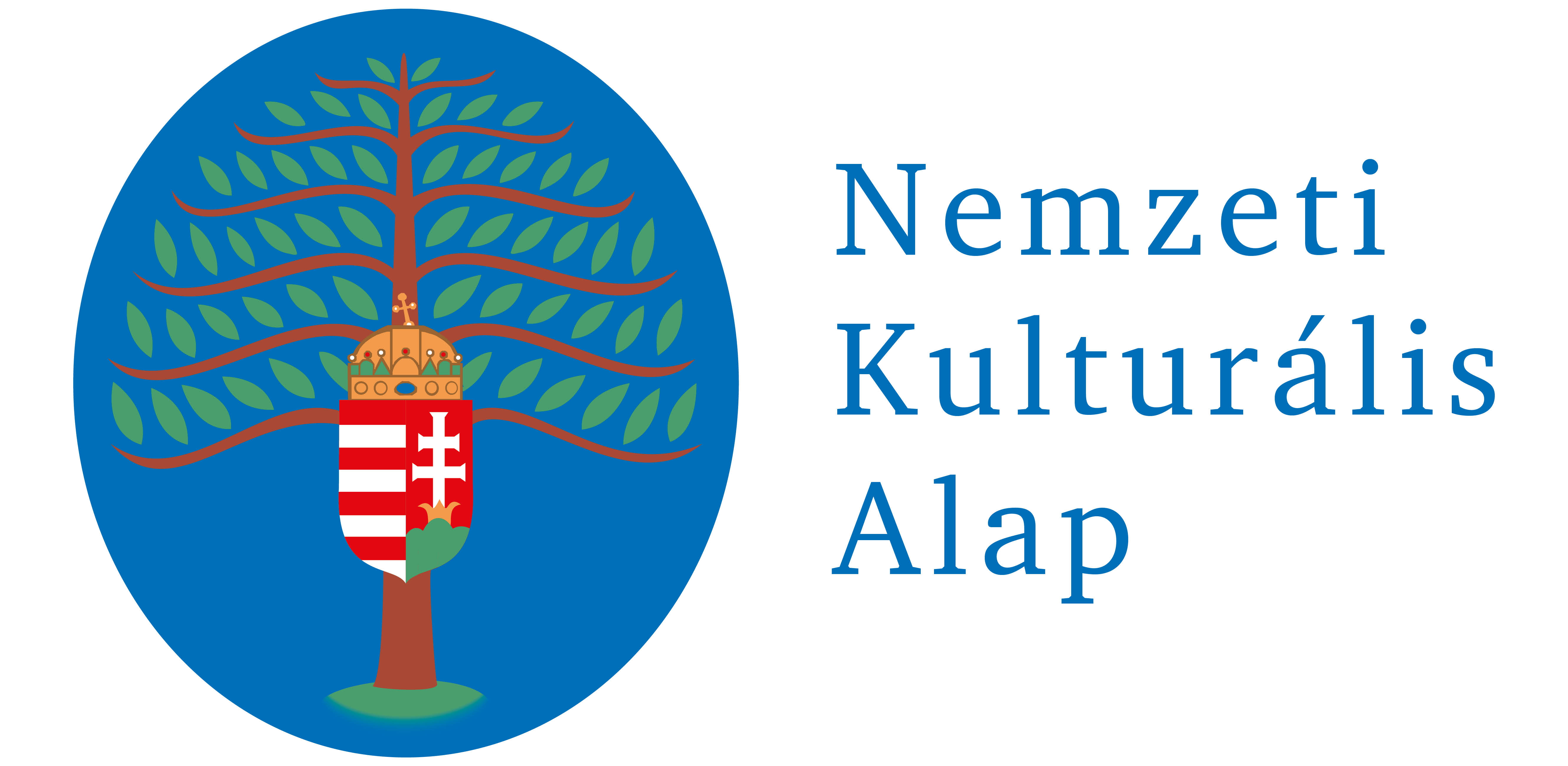Naptár
2024. április 15–19.
2024. április 20.
Eötvös József Kárpát-medencei középiskolai szónokverseny
2024. április 24. – május 3.
Tovább...
1. 2009.
Abstracts in English
Studies
Molnár, Edit Katalin
The function and effectiveness of written composition in the texts of Hungarian university students
With the expansion of higher education in Hungary, the need for instruction in academic writing has also emerged. Few studies provide a basis for addressing this need, however, by examining Hungarian students’ knowledge of text production, their writing abilities, or the expectations their texts have to live up to. This study examines whether the writing ability of students is appropriate for their texts to serve as a basis of evaluation in higher education. The qualitative analysis of seminar papers collected from 4th year university students (N=27) is presented, and complemented with a case study. The findings highlight student needs related to conceptual processes and operations in writing.
Gerliczkiné, Schéder Veronika
The difficulties of taking notes in class
Students at primary and secondary school have been struggling with learning disabilities recently. This study points out that these problems are more and more typical at a later age. It holds true also for the college and university students, the representatives of the young adults. Their learning disabilities become evident when they face difficulties in taking lecture notes. The present study reports parts of the results of a wider survey which investigates the young adults’ difficulties in comprehension and taking notes. The study also gives the reasons for these difficulties.
Laczkó, Mária
The phonetic and stylistic analysis of the speech of teenagers
Speech has a particular place among the means of expression nowadays. Correct articulation is thus important for the teenagers as well. At the same time, it is this age group whose speech contains a large number of problematic elements. These problems concern their speed of speech, inaccuracies or disorders,of articulation, stress mistakes and the lack of vocabulary both in a qualitative and in a quantitative way. All these factors have been justified in our first study, in which we described the quality of the spontaneous speech of teenagers at the age of 15 and 18 with respect to the above-mentioned categories.
In this study, we aim to confirm or confute the results of our survey based on the phonetic and stylistic analysis of the spontaneous speech of the two age groups mentioned above. These investigations have been done with experimental methods.
Workshop
Bóna, Judit – Markó, Alexandra
Everyday phonetics – useful tips for teaching phonetics
Kugler, Nóra
Exercises in functional grammar for students in grades 9–12
Kovács, Éva
First language teaching in Montessori pedagogy
Maria Montessori’s method provides today’s teachers with a large number of new approaches, ideas and materials for the teaching of writing, reading and grammar skills. The Montessori method has been used at the Batthyány Lajos Általános Iskola (Batthyány Lajos Primary School) in Budapest for ten years.
This paper starts with Maria Montessori’s short biography. Then it introduces the Montessori schools in Hungary. It illustrates Montessori pedagogy with practical examples and ideas rather than with theoretical explanations. It gives insight into how to improve time management, and how to use different work forms and other organizational possibilities. It lists the typical materials of Montessori pedagogy for personalized teaching. The article aims to show the currentness and the advantages of the method. It also aims to raise the readers’ interest to study and maybe even to try the Montessori method.














